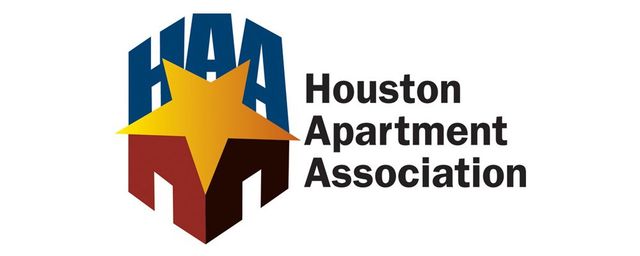Steering the Complex Terrain of Compliance Guidelines for Network Protection in Multi-Unit Units to Guarantee Resident Safety and Information Protection
Wiki Article
In the current society, many individuals reside in multi-unit buildings, such as apartment complexes and condo communities. Such locations often share common networks for online and additional services. Although this arrangement can be convenient, it also raises important concerns about network security and regulatory requirements. Guaranteeing the safety of residents and safeguarding their data is essential. This article will explore the intricate environment of compliance standards for system safety in multi-dwelling units, focusing on how these guidelines assist keep tenants secure and protected.
A of the primary compliance guidelines that pertain to network safety is the General Data Privacy Act (GDPR). This law is designed to safeguard personal information and confidentiality for individuals inside the European Union. While it mainly pertains to businesses operating in the EU, its tenets can influence procedures in other regions as also. For multi-dwelling units, adhering to GDPR requires implementing robust information protection protocols. This includes making sure that tenants' personal information is gathered, kept, and processed securely. By following these standards, property managers can assist build trust with residents and ensure their data is protected from unauthorized intrusion.

A further important guideline is the Health Insurance Flexibility and Accountability Law (HIPAA), which safeguards sensitive healthcare information in the medical industry. In multi-dwelling units, particularly those that offer healthcare services or have tenants with particular health needs, adherence with HIPAA is crucial. This means that any medical information collected from residents must be kept private and protected. take a look at the site here Property administrators must make sure that their network systems are configured to avoid information leaks and unauthorized intrusion. By doing so, they not only comply with regulatory obligations but also promote a safe living environment for all tenants.
In addition to GDPR and HIPAA, the Credit Card Payment Industry Information Protection Guidelines (PCI DSS) is another critical regulatory standard. This standard is particularly important for multi-unit units that accept credit card payments for lease or amenities. PCI DSS specifies security measures that must be in place to protect cardholder data. This includes securing confidential data and regularly monitoring system security. By following PCI DSS standards, building managers can reduce the risk of information breaches and protect residents' monetary data, which is crucial for upholding their trust and safety.
Finally, it is essential for multi-unit units to remain informed on regional and national regulations regarding network security. Laws and standards can evolve, and remaining informed is crucial for compliance. Building administrators should regularly review their security policies and practices to make sure they meet current requirements. This proactive strategy not only assists in upholding compliance but also enhances the general safety of the network. By prioritizing resident safety and data protection, multi-dwelling units can create a secure living environment that fosters confidence and reassurance among residents.
In conclusion, navigating the complex landscape of compliance guidelines for network safety in multi-unit units is crucial for guaranteeing tenant security and information safeguarding. By comprehending and applying standards like GDPR, HIPAA, and PCI DSS, property managers can create a secure environment for their tenants. Staying informed about local laws and regularly reviewing security practices further enhances this commitment to safety. Ultimately, a strong focus on compliance not only protects residents but also fosters a feeling of belonging and confidence among multi-unit buildings.